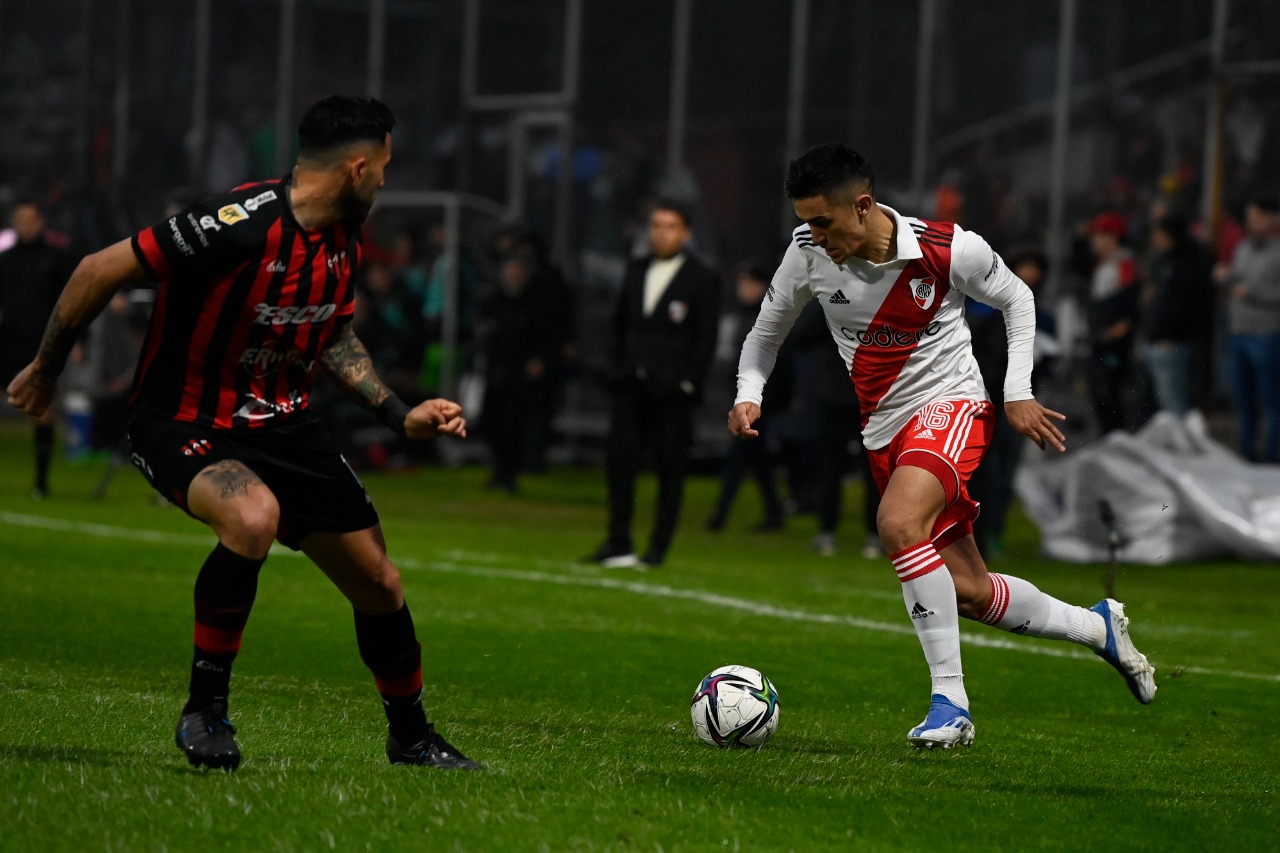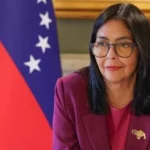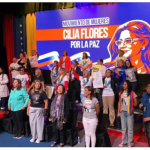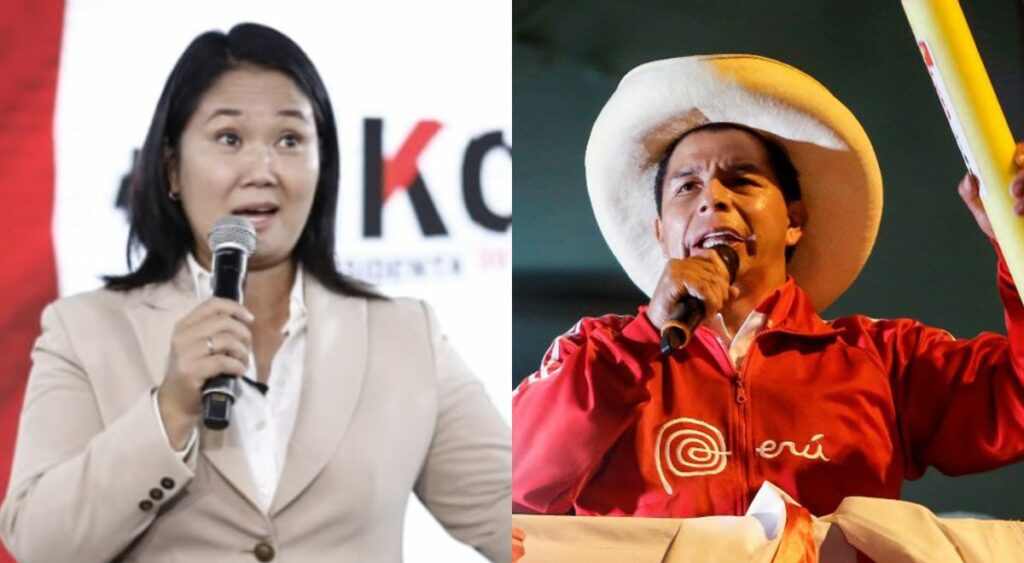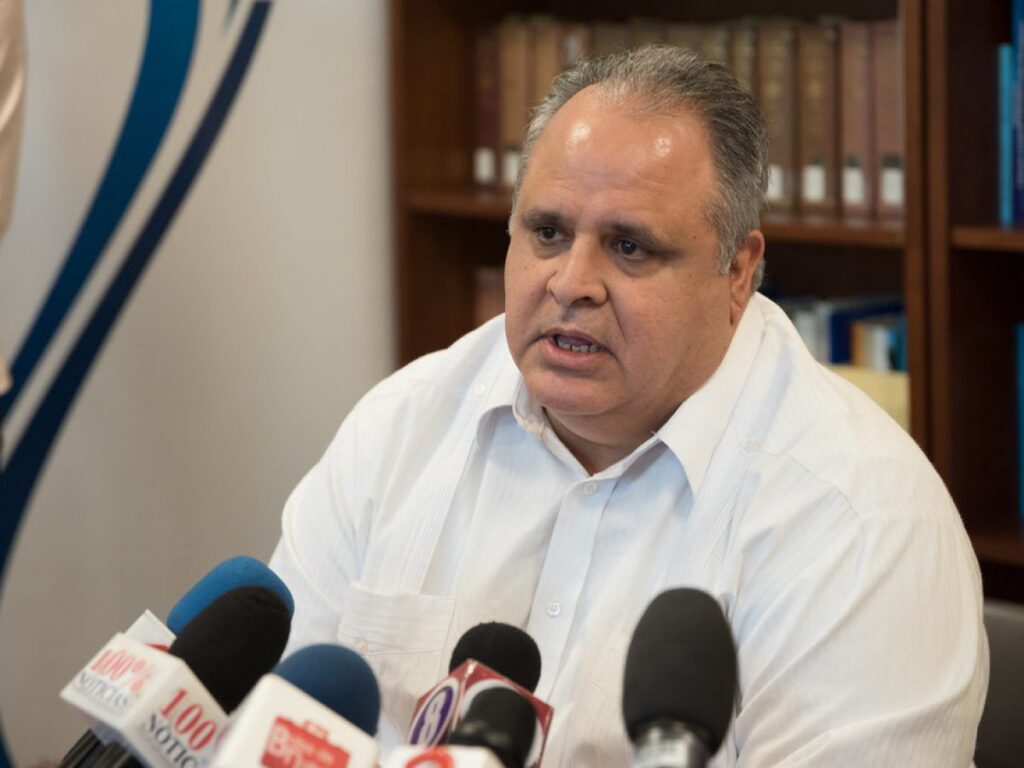Is it timely for a brand to show up at the 2022 World Cup? The controversies around Qatar have been numerous in recent years, but sponsors and broadcasters will fulfill their contracts, although some are already planning gestures or a “critical accompaniment” of this supreme soccer event.
Source: AFP
The World Cup is undoubtedly one of the great advertising showcases and every four years it attracts brands in search of massive exposure. According to FIFA, the final of the 2018 Russia World Cup in which France beat Croatia was followed by 1,120 million viewers around the planet.
However, the 2022 edition in Qatar has been surrounded by different controversies since the venue was granted to the emirate in 2010. Among them, those related to the environmental impact that the event will have, the situation of women and LGBT+ minorities in the country or the rights of migrant workers hired for the preparation works for the event and for the infrastructure linked to the project.
“The objective of the brands with sponsorship is not to be associated with things perceived as problematic or negative,” Magali Tézenas du Montcel, general director of Sponsora, an association that brings together actors in the sports economy, told AFP. in France (advertisers, broadcasters…).
– Intermediate positions –
Recently, several organizations for the defense of human rights have asked the sponsors of the World Cup to support their campaign for the compensation of the workers who have worked in the preparation of the event, lamenting a series of abuses and unpaid wages.
Doha, for its part, believes that some of these criticisms are unfair and places special emphasis on the reforms it has undertaken regarding the labor market in its territory.
As the World Cup (November 20-December 18) approaches, positions become more or less radical depending on the brand and the country, from calls for a boycott to more generally intermediate positions, with gestures or messages during the tournament.
The Brazilian brands Vivo and Itaú will accompany the Canarinha in Qatar. The telecommunications operator Vivo considers that it has “no influence” on the election of the host country, in a response to AFP.
The Denmark national team’s training shirts will feature “critical messages”. Two sponsors (Danske Spil and Arbejdernes Landsbank) have agreed to have their logos replaced.
The sports brand Hummel announced this Wednesday that it will hide its logo on the Denmark shirt, making it almost imperceptible, as a “protest against Qatar and its balance in terms of human rights.”
Expensive long-term contracts and communication campaigns about the World Cup that began several months ago make it unrealistic to think of a last-minute boycott, Gary Tribou, professor of sports marketing at the University of Strasbourg, told AFP.
“A media boycott (…) would not be effective,” estimates the German operator Telekom, which is both a sponsor of its country’s national team and broadcaster of the World Cup, through its subsidiary Magenta TV.
– Selective memory –
The company prefers to bet on a “critical accompaniment of the tournament”, broadcasting, for example, reports on “the working conditions of immigrant workers.”
For its part, the American giant Coca-Cola published a long statement in May to defend its presence in Qatar, claiming to have put pressure on FIFA to contribute to “significant reforms to improve the rights of migrant workers.”
The risk of “bad buzz” (uncontrollable bad publicity) is always possible during the tournament, but experience shows that fans often have a selective memory.
“The scandal evaporates quickly in people’s minds,” considers Gary Tribou, who points out a certain risk, that of disappointing audiences for the competition in the event of a massive boycott by fans-consumers.
The broadcasters asked by AFP assure that the advertising market around the World Cup continues to be robust: “So far we have registered a strong demand, comparable to that of the 2018 World Cup and at a similar price level,” underlines the German network ARD, while its British counterpart ITV speaks of “strong demand”.
